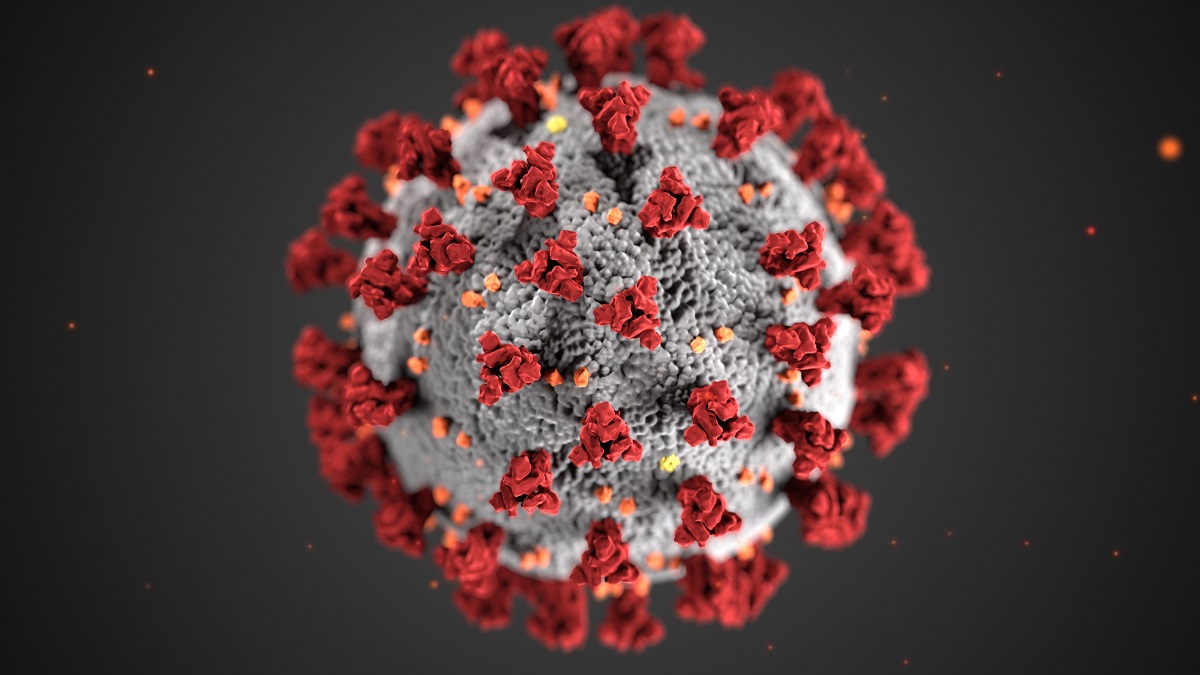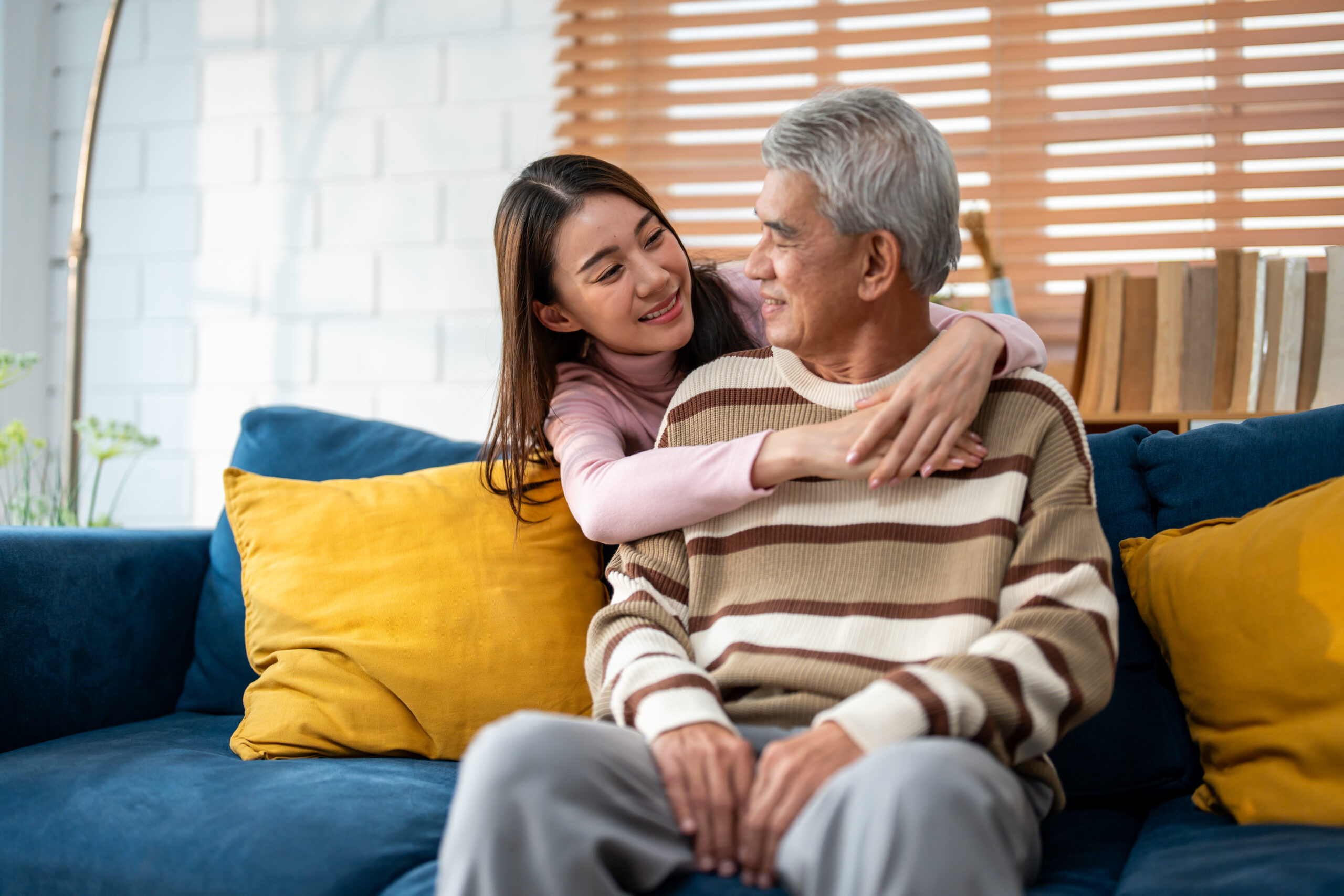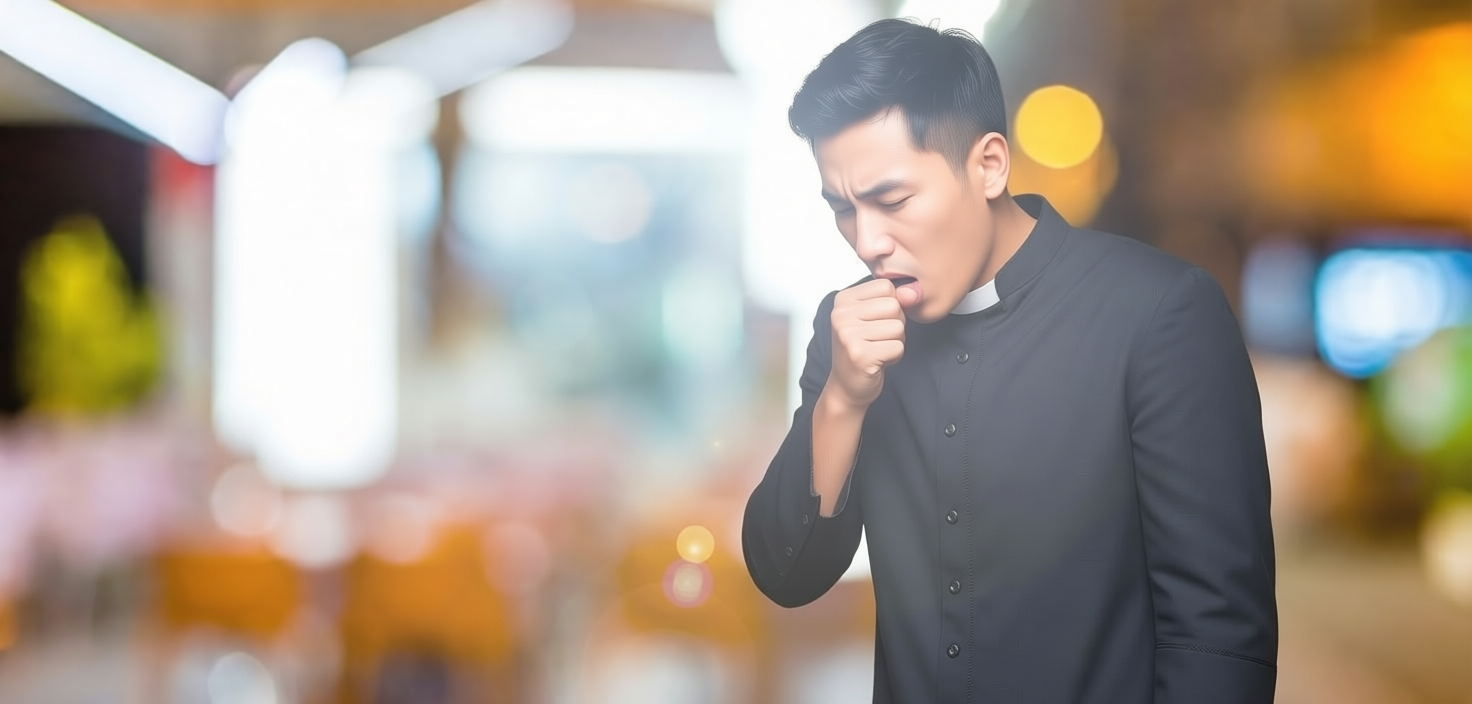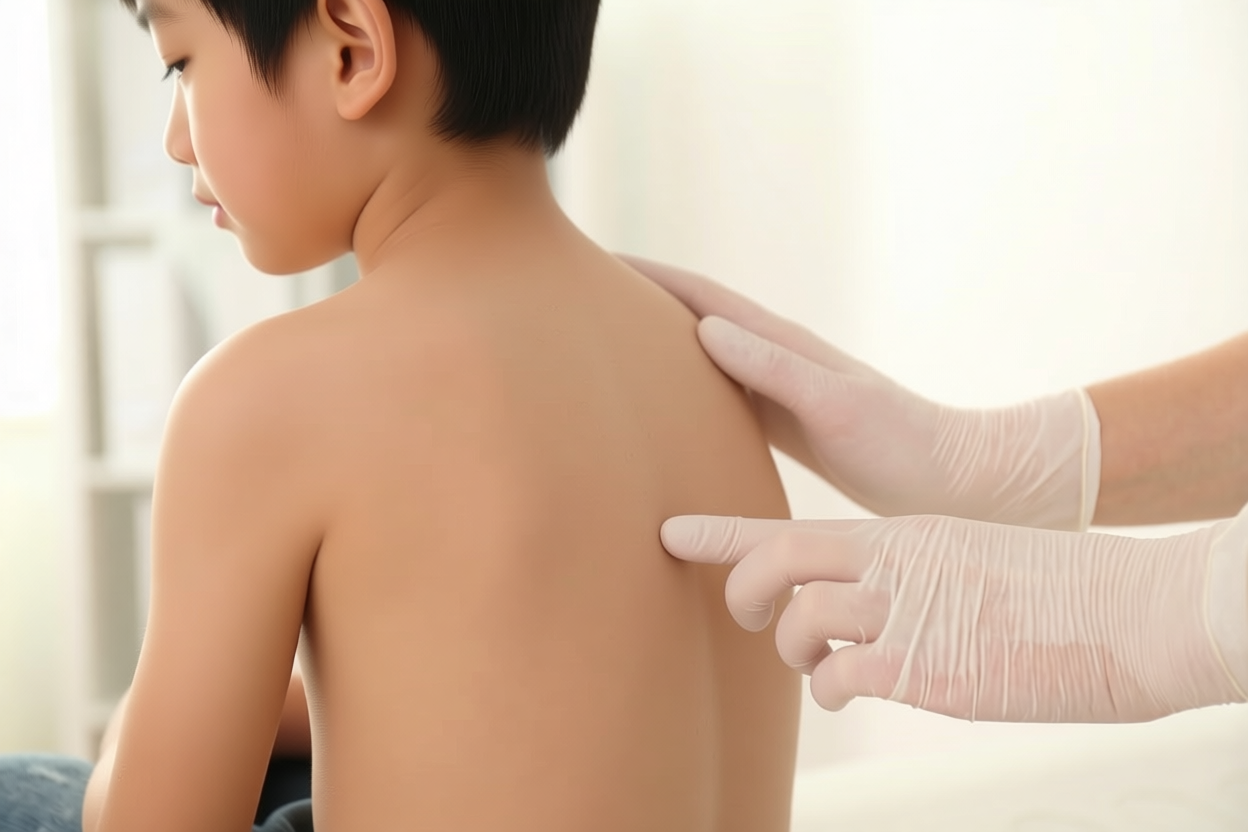There has been much discussion around the Omicron variant since it was announced as a Variant of Concern by the WHO on 26 November. The variant was first reported in South Africa when doctors observed a surge in cases in the population.
While researchers are still working to better understand the variant, we speak to Dr Rachel Chin, anchor doctor at Doctor Anywhere, to find out what we currently know about the Omicron variant.
What is the Omicron variant?
“The Omicron variant is a new coronavirus variant. Compared to the original coronavirus, it has more than 30 spike protein mutations,” shares Dr Rachel. The spike protein helps the coronavirus to bind to our cells, eventually leading to infection. As such, scientists are concerned that these mutations could lead to an increase in the infectiousness of the variant.
“Preliminary findings suggest that the Omicron variant spreads more easily and may cause more reinfections. However, studies are still underway to understand the true severity of this variant.”
Does the Omicron variant have any special symptoms?
Doctors in South Africa have yet to notice any significant symptoms caused by the Omicron variant. Dr Rachel summarises, “So far, most Omicron-related cases have mild symptoms, such as sore throat, cough, or a mild fever.”
“That said, more information still needs to be collected given that the variant has just been detected,” cautions Dr Rachel. Additionally, the first group of patients in South Africa infected with the Omicron variant had been younger adults, who may already be less likely to fall severely ill. As such, researchers still require additional data before they can make a more confident conclusion.
What can we do to protect ourselves from Omicron?
“Get vaccinated,” emphasises Dr Rachel, “Or get your booster shot, if you’re eligible for it.”
“You should also continue complying with safe distancing measures, as well as practising good personal hygiene. All of this can help to cut down on your risk of being infected.” This includes washing and sanitising your hands regularly, avoiding touching your face unnecessarily, and wearing your mask when leaving home.
Are the vaccines effective against the Omicron variant?
“While researchers are still studying the impact of the Omicron variant, it is likely the variant will affect the vaccine’s effectiveness,” says Dr Rachel. This is similar to what had been observed with the Delta variant, which was an earlier mutation of the coronavirus.
“However, early observations show that being vaccinated does still protect you better than being unvaccinated.” Vaccination can help in terms of decreasing the risk of being infected with COVID-19 as well as ensuring that symptoms are kept relatively mild, in the chance that you do fall ill.
What happens if I’m found positive with the Omicron variant?
“If you’re found to be positive with the Omicron variant, you’ll be treated at the National Centre for Infectious Diseases,” says Dr Rachel.
Patients will only be allowed to return home, once doctors have deemed them as no longer infectious. This is slightly different from the current default of the Home Recovery Programme, so as to prevent any further transmission.
Currently, there are no reported cases of Omicron in the community. It’s likely that this may change, as Singapore continues with the re-opening of our economy and travel borders. Fortunately, Singapore’s high vaccination rate and comprehensive booster shot programme should give us some form of security. Additionally, do continue to stay vigilant and look after your health with good personal hygiene practises!
Worried about your health? Speak to a doctor anytime over the DA app, from the comfort of your own home. Medication delivered to your doorstep in 3 hours, all for your convenience.







